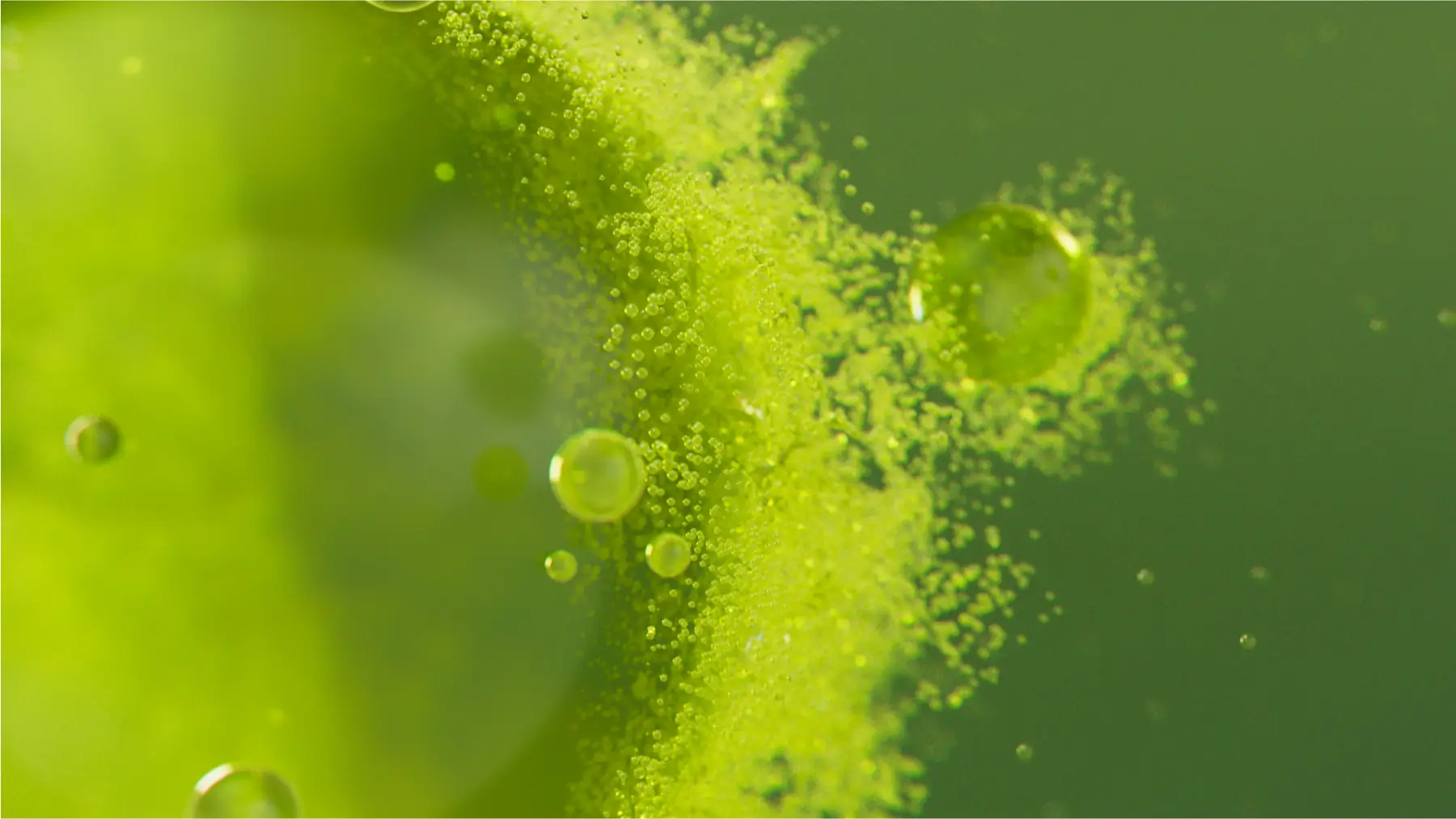
The CBD industry is a large and competitive one. Since the 2018 Farm Bill that legalized hemp and CBD at the federal level was signed into law a year and a half ago, the market for CBD and other hemp-related products has continued to grow, creating a booming cottage industry that is posed to hit $20 billion by the end of the 2024. While exciting, its rapid rise has made the CBD industry a hard one to fully understand. Constantly changing legislation and many unfounded claims can confuse even the most educated aficionado. Here’s what you need to know about CBD and CBD manufacturing:
Myth 1: CBD is the Same as Cannabis
It’s not.
CBD is one of many chemicals found in the resin of the cannabis — or “marijuana” — plant. (THC, for instance, is another.) There are several strains of cannabis and when one of them is cultivated to produce a lower concentration of THC and a higher concentration of CBD, the plant is called “hemp,“ not marijuana. Hemp, unlike marijuana, is grown for industrial purposes, with its fibers used to make paper, textiles, plastics, biofuel and more. In this way, CBD can be harvested from both cannabis and hemp plants. The source doesn’t affect the molecular makeup of CBD, but it can influence the amount of contaminants, as well as the amount of other cannabinoids, flavonoids and terpenes, introduced to the CBD manufacturing process. This is because there are different agricultural regulations for growing hemp around the world, leading to possible exposure to pesticides, fungicides, herbicides, etc., and differing concentrations of other compounds depending on the type of plant used (which could be inadvertently harvested along with the CBD). Furthermore, the source also determines the amount of CBD that can be harvested from a single plant. For example: marijuana plants produce more resin than hemp. Since CBD is found in resin, it follows that cannabis yields more CBD per plant than hemp.
Myth 2: CBD Manufacturing is Regulated
Yes and no. Most states have regulations governing the manufacture of products containing CBD, but many of these are vague with little standardization of safety and potency guidelines. Not only is there no agreement regarding the minimum requirement for effectiveness and reliability in CBD manufacturing, there’s no one list defining the exact analytes, contaminants, mycotoxins, etc., for which manufacturers should even test. This means different CBD manufacturers offer products with varying levels of quality, making it hard for consumers to know what they are actually getting when they pull a CBD product off the shelf.
What It All Means for CBD Manufacturing
It’s time for CBD manufacturers to dispel the myths.
With all eyes on cannabis products and their effects, one bad product can easily taint public opinion and serve as misinformation about the industry at large. Thus, CBD manufacturers must actively work to distinguish themselves as experts in safety and quality in order to gain consumer trust and remain competitive. The best way to do that: standardize and verify manufacturing processes with quality equipment.
Pion's BEE homogenizers render CBD products that meet and even exceed even the most rigorous testing criteria. Equipped with a patented and proprietary emulsifying system that combines multiple forces (including shear, cavitation and impact) to effectively break apart and then mix the components of CBD products, our machines help guarantee uniformity and long-lasting shelf stability each and every manufacturing pass. Our homogenizers not only create better looking and better tasting products, but they also increase the bioavailability of the CBD compound by maximizing surface area to allow increased dissolution and absorption of it by up to 75%. Indeed, our equipment facilitates the absorption of more active ingredient so well that manufacturers can use less of it, reducing costs and shortening production times.
It’s a win for manufacturers and consumers alike. To learn how Pion's BEE brand homogenizers could improve your production processes, your products and your ROI, please contact us today.

